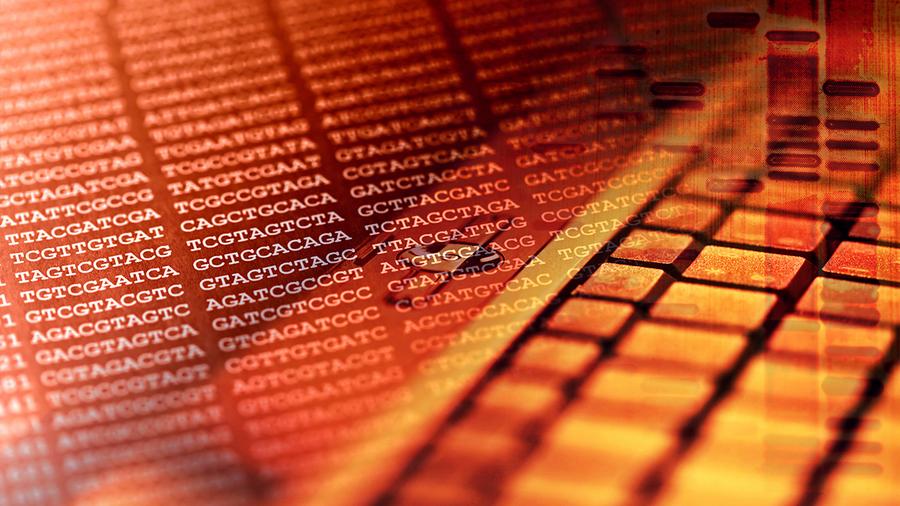Imagine how amazing it would be if all of the musical greats came together for one big concert. Now imagine the equivalent of that, but it is all the great federal judges in e-discovery on one panel. OK, so some of you may not be as excited as I was about that panel. But trust me, it was something else.
Relativity Fest's "What Judges Need From Lawyers, Paralegals, and Technologists: A Conversation with Federal Judges About the State of E-Discovery" empaneled some of the biggest names from the federal bench in e-discovery, including Judge Andrew Peck, U.S. Magistrate Judge for the Southern District of New York; Judge Nora Barry Fischer, U.S. District Judge for the Western District of Pennsylvania; Judge Xavier Rodriguez, U.S. District Judge for the Western District of Texas; and Judge David Waxse, U.S. Magistrate Judge for the District of Kansas. I was lucky enough to be there to see it.
The judges not only told some of the best e-discovery jokes to ever come from the district courts, they came together to give some of the best advice for law firms and technology specialists heading to court that we could hope for these days. That advice included:
• Judges expect lawyers to have legal knowledge and be competent in the area of e-discovery.
Just how much e-discovery knowledge do lawyers and their technology staff need going into court? Judges understand that lawyers are limited in how much they can actually know when it comes to e-discovery and the technical details of their clients' computing systems.
However, under the American Bar Association's Model Rules of Professional Conduct and local state rules, attorneys are required to have competence, which extends to a basic knowledge of e-discovery. The judges agreed that, at the very least, attorneys need to have an understanding of what they don't know. Do they understand the client's networking systems, their infrastructure, how the ESI is organized, how it is backed up, etc.? Probably not, but they should.
Lawyers do not have to know how to get to that information, but they have to understand what is out there and who to ask to retrieve it. Rodriguez compared it to being a medical malpractice attorney — if you practice in that area, you are expected to be able to ask intelligent questions of physicians and experts to work through the case. But as a medical malpractice attorney, you are not expected to actually perform the surgery. Peck has a great solution for bridging that gap. He calls it "take your geek to court." His advice is to bring someone from your e-discovery/litigation support vendor, your client's IT department or at least someone who really knows what is going on when it comes to e-discovery to those conferences, like the Rule 26(f) conference, where e-discovery will be discussed.
Peck also pointed out that there is a great danger in lawyers agreeing to a production format without knowing what you can, and should, do when it comes to production, as agreeing to an improper format can create a lot more work and a lot more expenses.
• Judges expect at least some form of cooperation among the parties.
Waxse explains that cooperation is crucial in e-discovery cases to reach the goal of Federal Rule 1: just, speedy and inexpensive resolution of an action. And why not cooperate? The panel noted that cooperation is not only quicker and less expensive but, because lawyers can no longer "zealously" advocate for their clients, it can look suspicious when parties do not cooperate.
Judge Robert Miller Jr.'s order regarding discovery of ESI in Biomet M2a Magnum Hip Implant Prods. Liab. Litig., No. 3:12-MD-2391 (N.D. Ind. Apr. 18, 2013) was discussed, and he said in that instance, the parties were not cooperating in e-discovery. In his order, the panel described that Miller basically told the parties, "I cannot make you cooperate but I find your lack of cooperation troubling," and he encouraged the parties to rethink their positions.
Peck understands that a client may be adverse to cooperating with the opposing party. He suggests two approaches if that is the case:
1) Give the client a budget with cooperation, and then give them a budget that reflects the expenses without cooperation. The second, he says, will be at least twice as big as the first.
2) Tell the client you are "going to strategically, proactively release information." This is cooperation couched in strategy.
If you know the key custodians, Peck noted, there is no point in hiding the ball, so with strategic cooperation you can gain advantages. He suggested that the attorney advise the other side, "We think these people are the key custodians, and we would suggest starting with those." Working together will save both parties time and expense.
Also, many judges will give the parties more time in the discovery process if you are cooperating from the start. Peck said most importantly is if you know what and where your client's data is, and then "you set the table (for discovery), you are likely to be in a much better position with the other side." Fischer also noted that the time for flexibility and creativity is at the conferences early on. Understanding what e-discovery you are dealing with from the beginning will help shape the discovery schedule from the start.
When it comes to discovery demands from other parties, the judges also suggest that simply going in front of the court and arguing that a demand is too broad is likely not going to work unless there is a willingness to give the judge a solution.
J.P. MIDGLEY is CEO of Avalon Document Services: jp@teamavalon.com.
